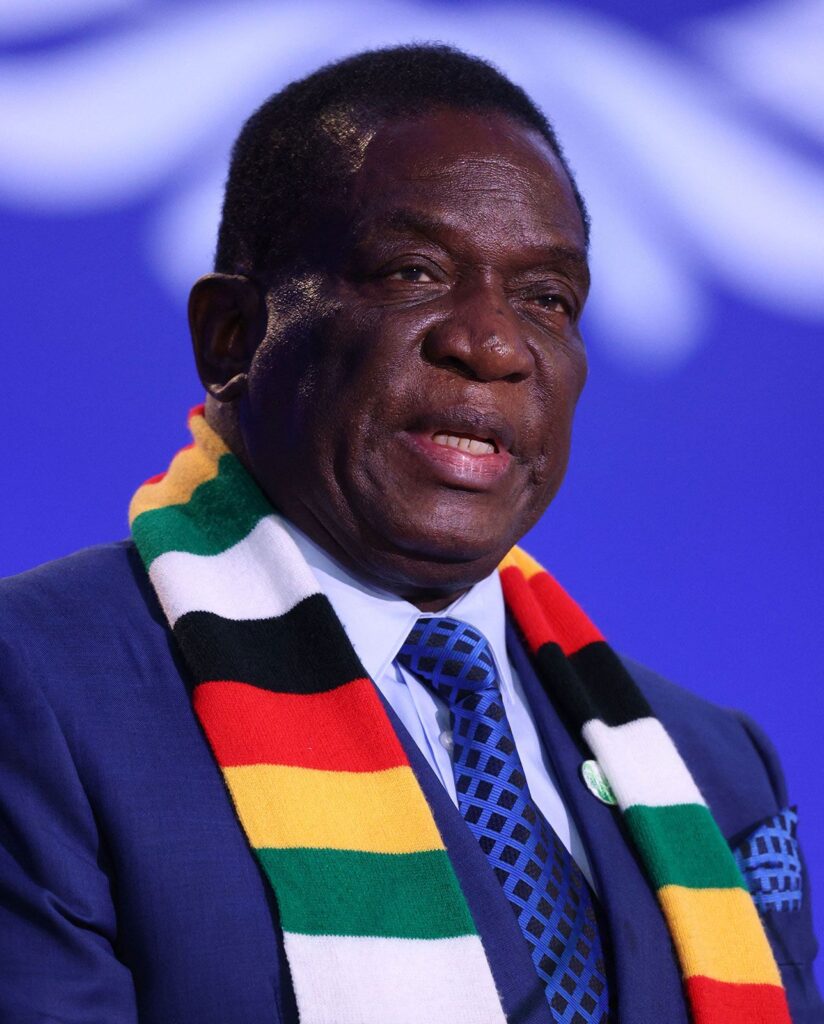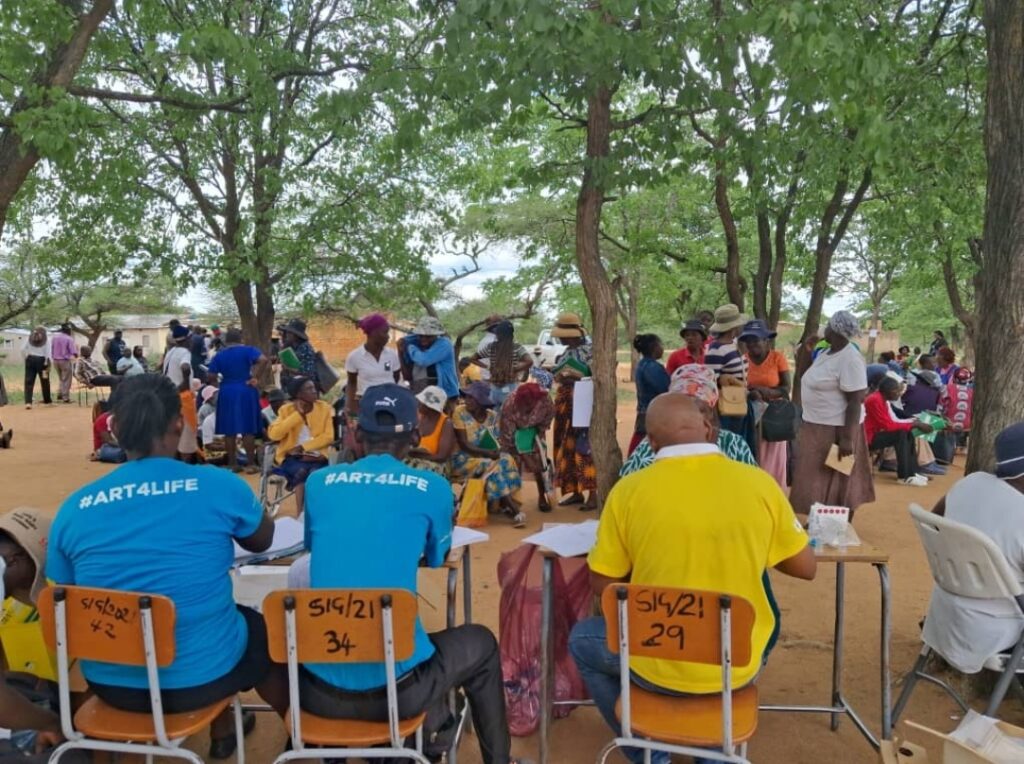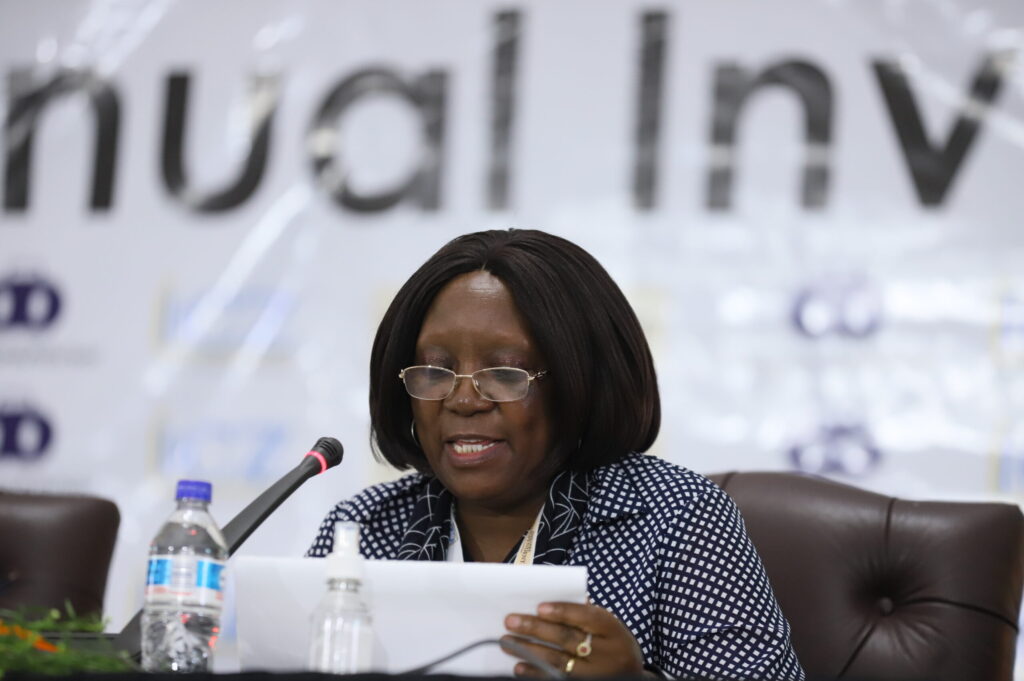Zimbabwe on High Alert as Tough New Money Laundering Assessment Looms
Written by Staff Reporter on October 10, 2025
VICTORIA FALLS, Zimbabwe – October 11, 2025 – With a critical international evaluation just months away, Zimbabwe’s top anti-money laundering official has called for a results-driven approach, warning that past successes will “count for little” if the nation cannot prove its systems are effectively combating financial crime.
In her opening address at the 2025 Public Private Sector Dialogue (PPSD), Mrs. Varaidzo Zifudzi, Chairperson of the National Anti-Money Laundering Advisory Committee, stated that the upcoming assessment will be “much harder and more exacting,” shifting focus from legal frameworks to tangible outcomes.
“The next round of assessments is always much harder than the previous one,” Mrs. Zifudzi told delegates at the Elephant Hills Resort. “With the next round focusing on effectiveness, our progress… will count for little if we do not follow it up by producing results; by showing strong statistical evidence of the work in our respective contributions.”
The conference, now in its fourth year, brings together senior leaders from government, law enforcement, regulators, and the private sector. This year’s theme, “Consolidating Progress and Driving Action Towards a High Level of AML/CFT Effectiveness,” was described as “especially timely” given the impending evaluation by the Eastern and Southern Africa Anti-Money Laundering Group (ESAAMLG).
Mrs. Zifudzi acknowledged the nation’s proud achievement of being removed from the Financial Action Task Force (FATF) ‘Grey List’ in 2022, crediting “strong public-private sector collaboration.” She revealed that this collaboration has since produced two key documents: the country’s 3rd National Risk Assessment and the newly adopted 2025-2029 AML/CFT National Strategy.
“This strategy should now guide all stakeholders, individually and at the collective level, in strengthening the country’s efforts in fighting financial crimes,” she emphasized.
Looking beyond national borders, the Chairperson highlighted the regional dimension of the fight against financial crime. She commended the presence of representatives from neighbouring countries’ Financial Intelligence Units and regulatory authorities, noting that the “increasing social and economic interconnectedness of countries in our region… also creates vulnerabilities that can be exploited to move proceeds of crime across borders.”
She expressed hope that the dialogue would mark “a key step towards strengthening regional cooperation.”
The two-day PPSD serves as a crucial platform for identifying weaknesses and refining strategies ahead of the mutual evaluation, which will determine Zimbabwe’s standing in the global fight against money laundering and terrorist financing.






 Breeze FM
Breeze FM